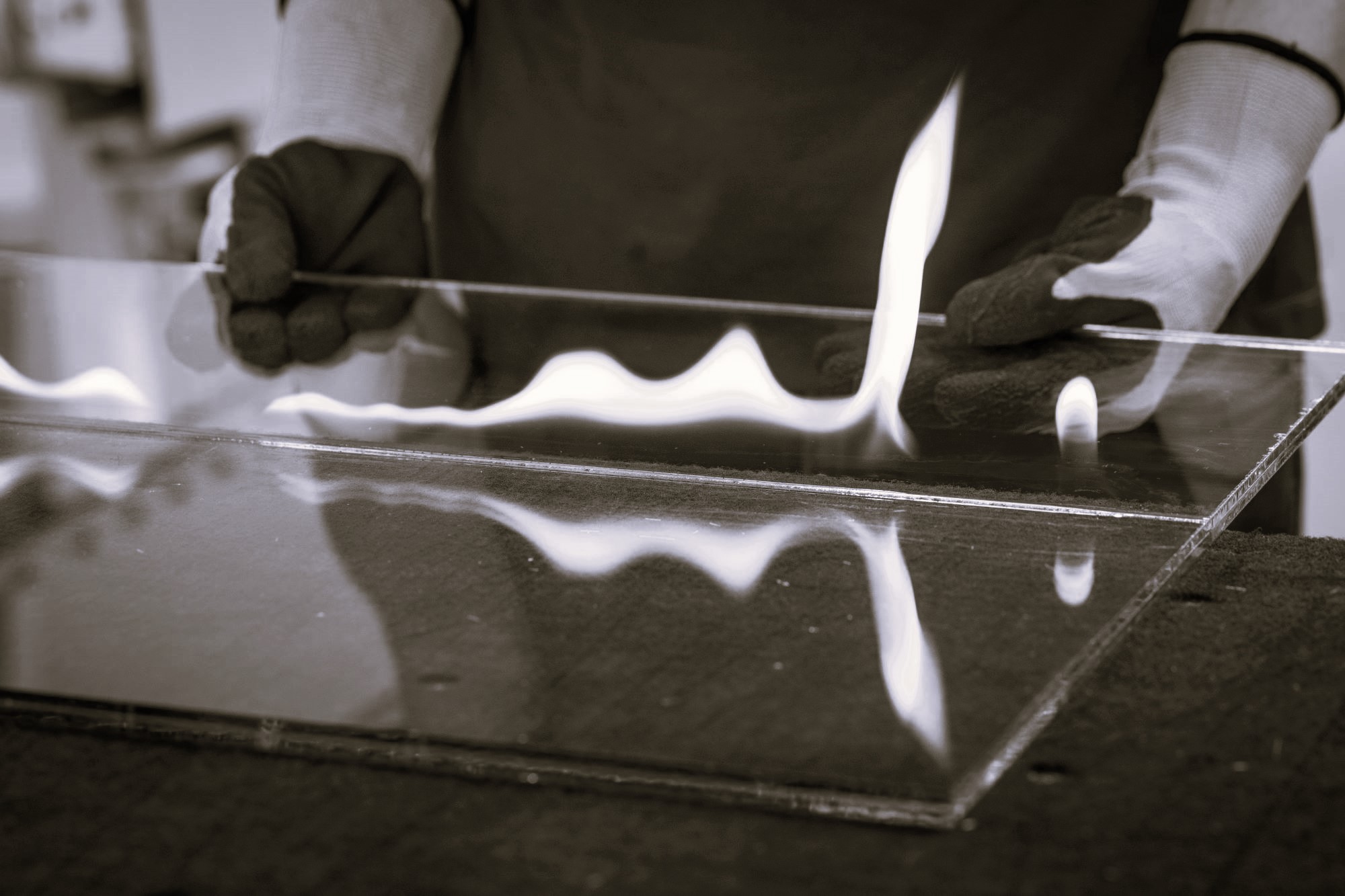Recently, the European Commission (EC) published a communication on Advanced Materials for Industrial Leadership to outline its strategy for “advanced material” research, innovation, and production in the EU.
The EC outlines its intention to keep the current EU leadership in this sector, reach strategic autonomy regarding advanced materials, and attain Green Deal objectives with the help of research and production of advanced materials.
Glass for Europe is pleased to observe that the EC has acknowledged glass as an example of material for which research and innovation must be supported to enable greater wellbeing in buildings.
Within the numerous other sectors and priorities for boosting research and innovation on advanced materials, glazing material can play a key role, for instance on:
- improving energy efficiency in buildings by using high-performance glazing,
- improving circularity and addressing environmental performance in both the construction and mobility sectors. Flat glass is infinitely recyclable, and there is space to increase the amount of end-of-life flat glass recycled in closed-loop.
- contributing to renewable and low carbon energy conversion and generation through innovation and development of solar glass and mirrors to contribute to the objective of renewing the EU solar PV value chain.
Once again, we can see that, as argued by the journal Nature, glass is the hidden gem in a carbon-neutral future!
Glass for Europe’s members stands ready to take their part in the research, innovation, and production needs for advanced glass to contribute to the objective communicated by the EC and welcome the will to sustain the advanced material industry in the EU for the achievement of the Green Deal’s objectives.




